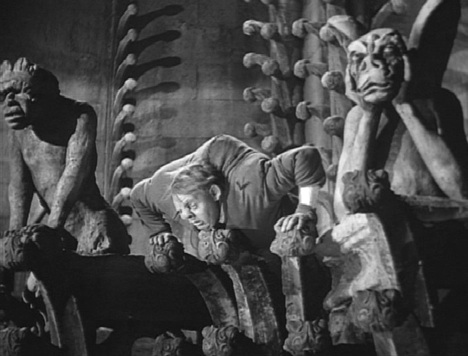How Power Mediates the Effects of Social Exclusion
This is one of our free-to-access content pieces. To gain access to all Ideas for Leaders content please Log In Here or if you are not already a Subscriber then Subscribe Here.

How would you react if you were socially excluded from a group? According to this Idea, your level of power will be a strong determinant of this. High power individuals will try to connect with others, whereas low power individuals may withdraw further. It is important for managers to understand the dynamics of social exclusion not least because it can have a negative effect on productivity.
Social exclusion has been described as one of the most severe punishments people can mete out to each other. A 2007 report by the UK’s Chartered Institute of Personnel and Development highlighted that people that experience social exclusion may suffer many negative consequences: they cannot think logically and they may engage in aggressive behaviour. At the same time, people who enjoy a feeling of belonging outperform those who do not.
However, though such negative effects have been documented, there have been few studies examining the ways in which people react in an effort to manage them. What role, for example, does power play in facilitating social connection following ostracism? Do high power individuals react differently to exclusion than low power individuals?
NUS Business School’s Jayanth Narayanan set out to examine these questions, along with fellow researchers Kenneth Tai and Zoe Kinias. Existing research has shown that following exclusion, one of two possible responses is engaged in: promotion-focused or prevention-focused. The former involves actively seeking social connection, and the in the latter the excluded person seeks to avoid situations that might involve further exclusion. In order to examine how power determines which of the two means will predominate, Narayanan et al conducted four experiments and found the following:
Given the aversive nature of social exclusion, it is important to examine adaptive ways to cope with being excluded. This research shows that when excluded, power enables such an adaptive response.
Methodology: In order to test the effects of power on the intention to connect with others following exclusion, the researchers conducted four studies. In the first two studies, participants were excluded from activities, and their intent to connect thereafter assessed. Studies three and four examined whether the effects of power on intentions to connect are specific to conditions of exclusion, with study four also testing actual behaviour, not just behavioural intention to connect.
Employees’ physical and psychological well-being should be a major concern for employers as this has a knock-on effect on productivity in the workplace. As such, understanding factors that affect well-being, such as social exclusion, can be extremely beneficial.
This research by Narayanan, Tai and Kinias demonstrates that high power individuals cope better if they find themselves socially excluded than low power individuals. As such, when putting together their teams, executives should bear in mind that in if at some point the team members begin to exclude others, high power individuals will react and cope better.

Ideas for Leaders is a free-to-access site. If you enjoy our content and find it valuable, please consider subscribing to our Developing Leaders Quarterly publication, this presents academic, business and consultant perspectives on leadership issues in a beautifully produced, small volume delivered to your desk four times a year.

For the less than the price of a coffee a week you can read over 650 summaries of research that cost universities over $1 billion to produce.
Use our Ideas to:
Speak to us on how else you can leverage this content to benefit your organization. info@ideasforleaders.com